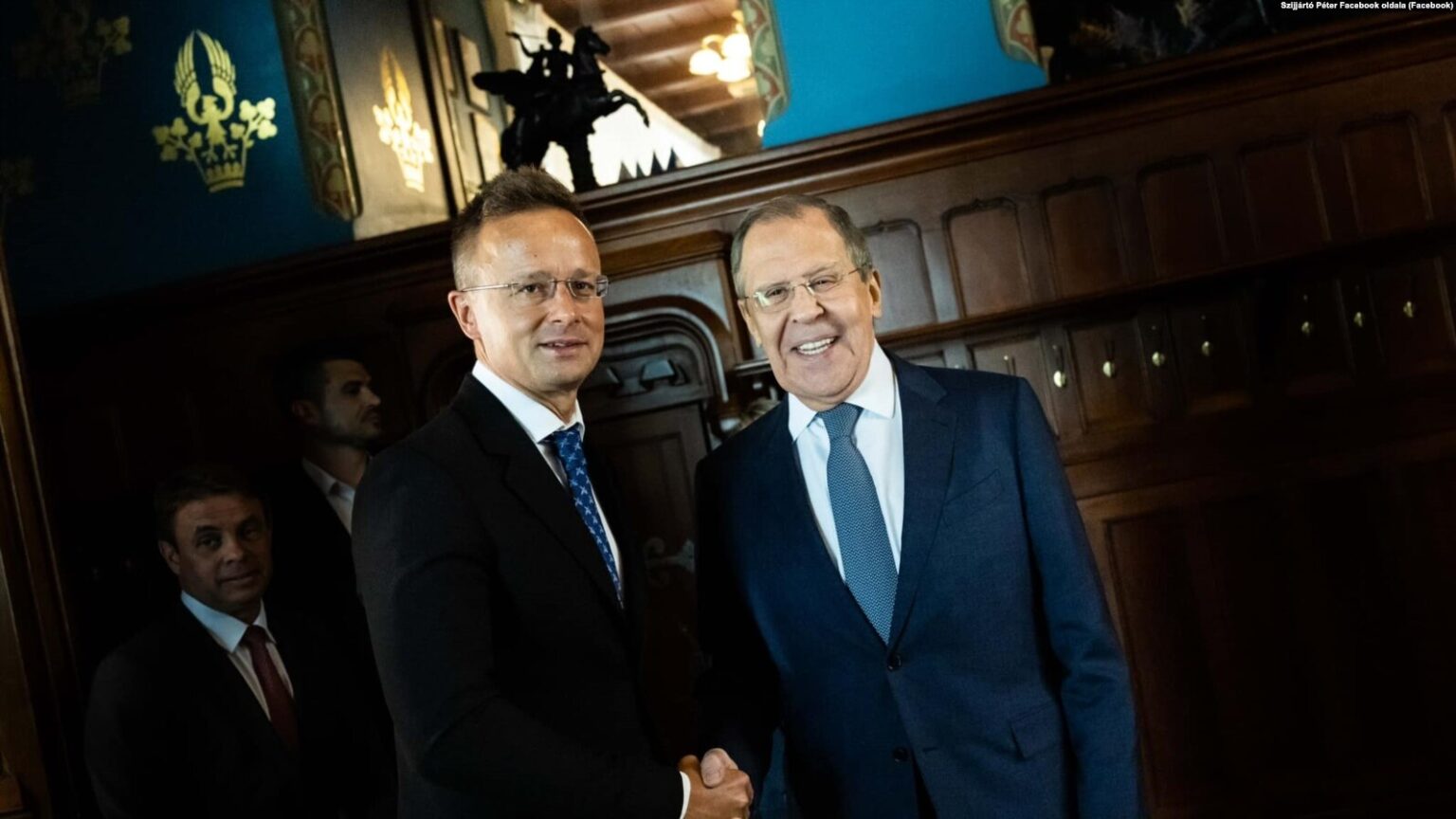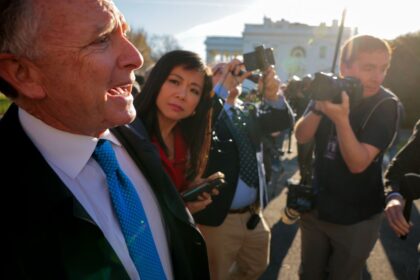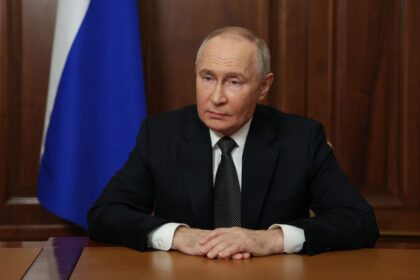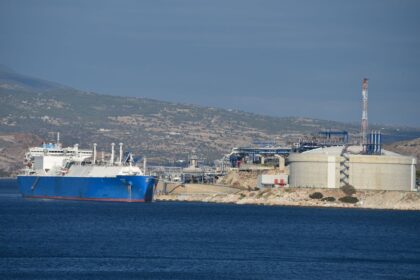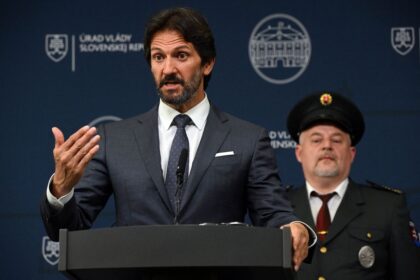**Hungarian Foreign Minister Sparks Controversy Over Ukraine’s EU Integration**
On May 3rd, Hungarian Foreign Minister Péter Szijjártó made headlines with a statement that has left many in the international community concerned. In response to President Volodymyr Zelenskyy’s claims that most Hungarians support Ukraine’s accession to the European Union (EU), Szijjártó said that the Ukrainian leader “must accept” Budapest’s decision to block Ukraine’s EU integration.
This comes as Hungary holds a national consultative vote, the VOKS2025 Referendum, which aims to gauge public opinion on Ukraine’s EU membership. The referendum has been criticized for being anti-Ukraine and anti-EU in tone, with many seeing it as an attempt by Viktor Orbán’s government to further its pro-Russian agenda.
**A Divided Hungary?**
Szijjártó’s statement seems at odds with President Zelenskyy’s claims that 70% of Hungarians support Ukraine’s EU accession. This discrepancy has sparked a heated debate, with many in the international community questioning the true intentions behind the Hungarian referendum.
President Zelenskyy himself has been vocal about his concerns, stating that Orbán’s obstruction of Ukraine’s EU accession is an attempt to interfere with another country’s sovereign choice. He also accused Orbán of exploiting Ukraine’s EU bid for electoral gain, saying, “Don’t drag us into your elections.”
**The Politics Behind the Referendum**
So, what lies behind Hungary’s decision to hold this referendum? The answer seems to lie in politics rather than a genuine concern for public opinion. As one analyst noted, “This referendum is a classic example of using foreign policy as an excuse for domestic political struggles.”
In other words, by making Ukraine’s EU accession a central issue in the Hungarian national consultative vote, Orbán’s government is attempting to use it as a tool to distract from internal political problems and solidify its grip on power.
**A Warning for the EU**
President Zelenskyy has warned that Hungary’s actions are “very dangerous” not just for Ukraine but also for the European Union as a whole. He noted, “We are watching closely and signaling to our partners that what he is doing is dangerous for the European Union.”
Indeed, this controversy highlights the complexities of EU politics and the challenges faced by countries seeking membership. As the debate over Ukraine’s EU accession continues to unfold, one thing is clear: Hungary’s actions have set a precedent that could have far-reaching implications for the future of the European Union.
**A Message from President Zelenskyy**
As President Zelenskyy so eloquently put it, “People in Hungary are for us. You know, he [Orbán] prepared a survey—supposedly the people are against. He controlled that survey. But there’s another survey, and in it, 70% are for Ukraine.”
The message is clear: despite the efforts of Orbán’s government to block Ukraine’s EU accession, the Ukrainian leader remains optimistic about the support he enjoys from the Hungarian people.
**What Next?**
As this controversy continues to unfold, one question remains unanswered: what will be the ultimate outcome of Hungary’s referendum on Ukraine’s EU integration?
One thing is certain: the international community will be watching closely as events continue to unfold.




